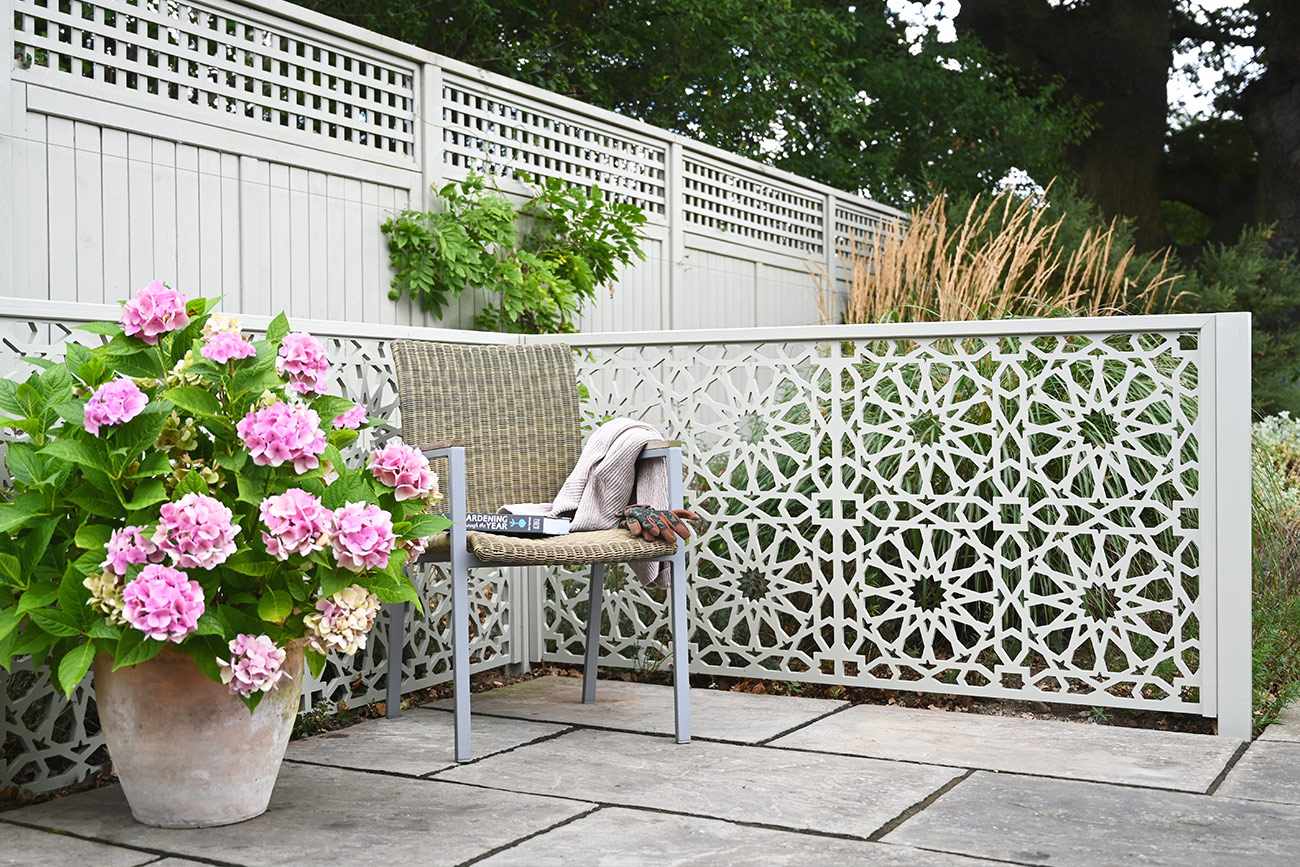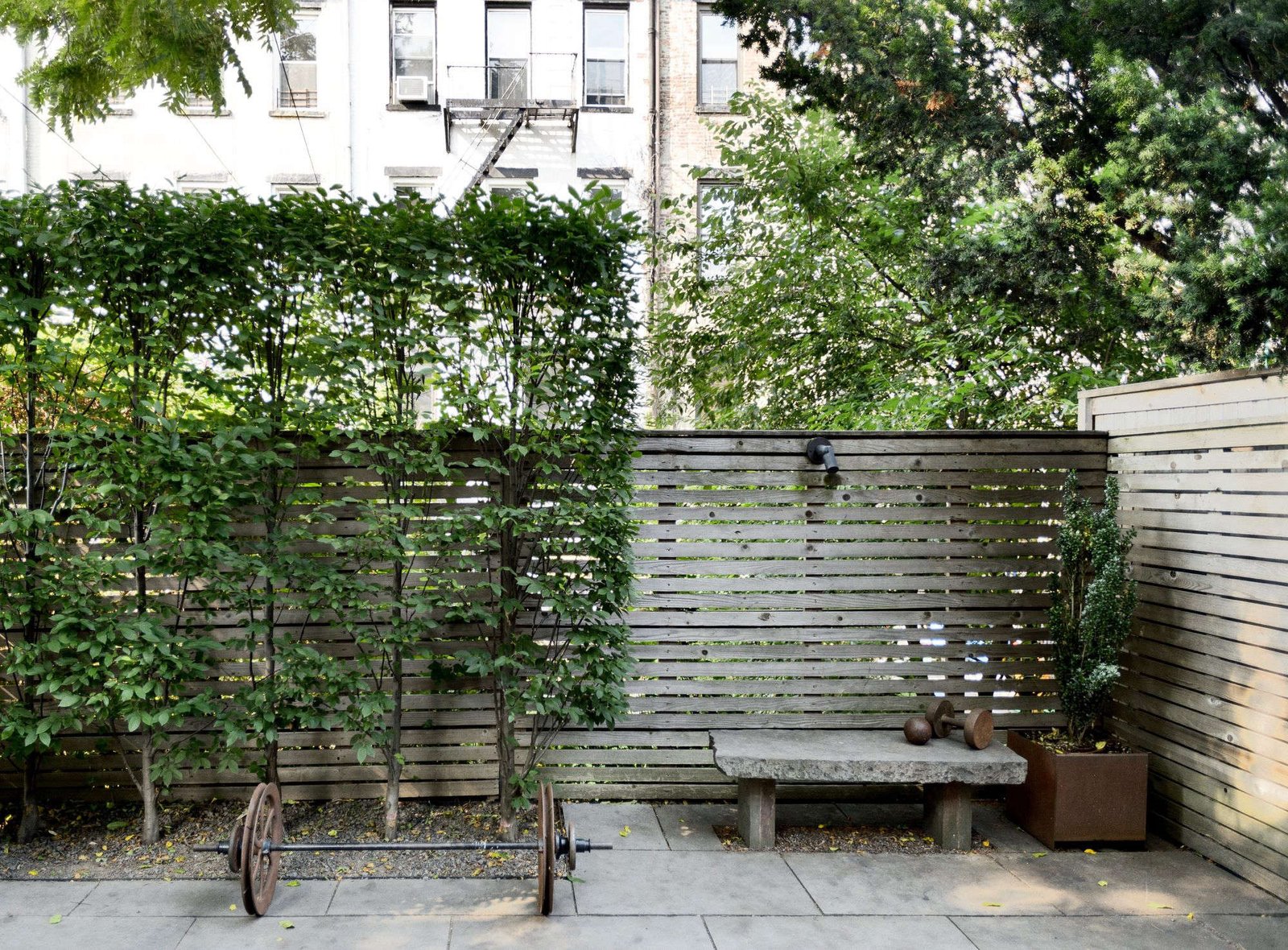Gardening has become a very popular hobby. Many people enjoy growing their own vegetables and fruit to eat fresh or preserve in order to avoid paying exorbitant prices at the supermarket. If you have a garden, you’ll probably find that it is surrounded by a wooden fence or wall which can be unsightly and restrict your gardening space. Fortunately, there are many ways to create privacy without sacrificing your view of the outside world.
There are numerous styles and designs of garden screens available for purchase. Some will be suitable for all outdoor spaces while others may only work well in certain areas. The best way to determine what type of screen will suit your needs is to ask yourself some questions.
1) What do you want to protect?
Some common reasons why people install a garden screen include reducing noise from neighbours, keeping animals out, reducing glare from the sun during the day, providing privacy from prying eyes, and protecting plants from being blown away by the wind. Whatever the reason, if you are looking for something to keep unwanted intruders out, then you should consider purchasing a solid panel that allows air to pass through freely.

If you are looking to provide privacy, however, then it would make more sense to choose a window screening solution. These allow light to come into a room but block the passage of small objects.
2) Where are you planning to place the screen?
One of the most important factors when choosing a garden screen is where you plan on placing it. You must always remember that the purpose of any screen is to prevent things from entering an area. Therefore, if you want to stop anything from passing through it, it makes sense to put it anywhere that is not desirable for whatever you hope to keep out. In other words, if you want to keep dogs or cats out of your vegetable patch, it makes more sense to put it above ground level rather than below ground.
3) How much space do you need?
The next factor that you should take into consideration when deciding upon which style of screen to purchase is how much space you have available. Do you have enough room for a permanent structure like a fence or wall? This is especially true if you live in a flat or townhouse with limited living space. Alternatively, if you have a large plot of land and plenty of surrounding vegetation, then you could build a garden shed or even an elevated platform that provides shelter from the elements.
4) How often are you going to use the screen?
Another factor worth considering when choosing a garden screen is whether or not you intend to use it regularly. For example, if you plan to use it frequently as part of your daily routine such as walking the dog, then it might be better suited to a permanent structure like a fence or wall. However, if you only plan on using your screen occasionally, then a temporary screen made from lightweight mesh material is likely to be adequate.
5) What kind of environment are you working in?
There are several styles of garden screens designed specifically for various locations including tropical climates, temperate zones, and arctic regions. As you can imagine, these vary greatly based on the various temperatures, sunlight intensity, rainfall levels, and average wind speeds they experience on a regular basis.
For example, if you live in a warm climate where the temperature rarely drops below freezing, then you would probably want to buy a screen that blocks the cold winds and protects your crops from frost damage. On the other hand, if you live near a lake or river, then you would want to choose a screen that minimizes the amount of water that passes through it.

6) Who will be using the screen?
This can also play a huge role in determining which kind of screen you need. For example, if you want to protect your garden from curious children who may want to get a closer look at your prized tomatoes, then you would want to select a screen that prevents them from climbing over it. It would also make more sense to purchase a screen that does not pose a threat to adults who might accidentally step on it while attempting to walk through it.
7) Does your budget allow for a custom-made screen?
You don’t necessarily have to settle for an off-the-shelf solution. Instead, you can hire a professional company to design and install a bespoke screen just for you. These screens usually offer greater protection and a wider range of options than those offered by less experienced companies. They can also save you money due to the fact that you won’t have to pay for shipping costs.
If the person will get the answer to these basic questions then this will help them in selecting the best Luxuryscreens. In the long run, they will prove to be the advisable option for the people. The main motive of the people is to get the quality of the products at a reasonable rate.
When buying a garden screen, it is important to think about the above factors before making the final decision. A good rule of thumb is to first decide what you want to achieve before selecting the right screen. Once this is done, you can then browse the internet for a wide variety of products and find one that suits your individual requirements.
